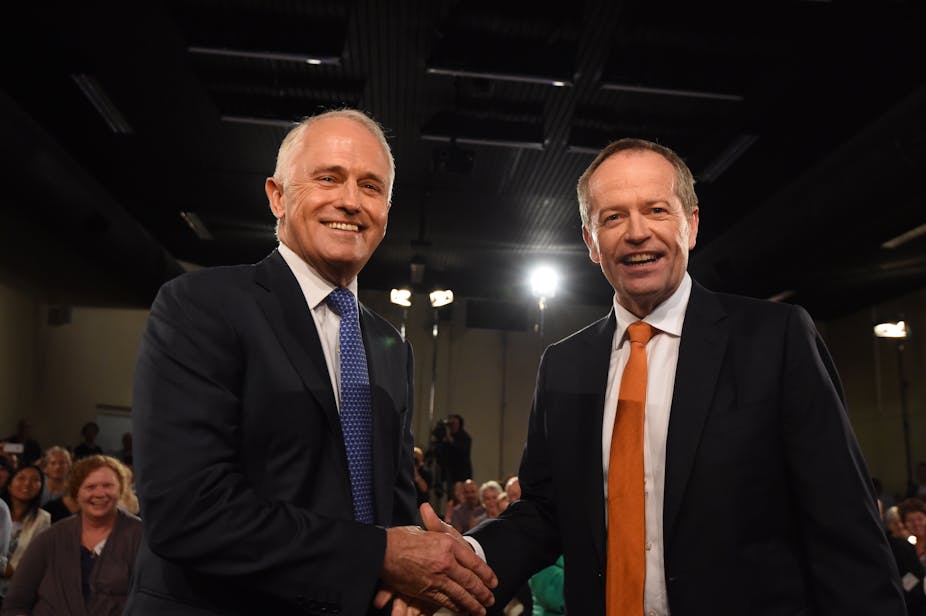Strap in and hold on, Australia: the longest election campaign in decades has begun. Voters are in for eight weeks of political claims and counterclaims, myriad facts and figures, a flurry of accusations and self-congratulations.
The good news is voters don’t have to weather this alone. The Conversation’s Election FactCheck team is here to make sense of it all.
In the weeks leading up to voting day on July 2, our academic experts will separate fact from fiction by testing against the evidence statements by politicians and other influential figures.
The Conversation’s FactCheck format is unique. These articles are written by academic experts with years of specialist knowledge behind them. Each FactCheck article is then blind reviewed by a second expert who doesn’t know the identity of the lead author, to ensure the article fairly and accurately represents the facts.
As FactCheck Editor, it’s my job to commission and edit FactChecks penned by our academic experts. I’ll be joined by Deputy FactCheck Editor, Jennifer Cooke, a multi-award-winning journalist experienced in the art of fact-checking.
We’ll need all the help we can get from readers in spotting “facts” to check. If you hear or read an assertion you’d like to see tested against the evidence, request a check at checkit@theconversation.edu.au. Please include the statement you would like us to check, the date it was made, and a web link if possible.
Some claims will be true, but worth explaining via a FactCheck. Some will be false (politicians are smart, so that’s rare, but it does happen). Many will be somewhere in between – claims that are based on real facts but framed in a way that is misleading.
All of our Election FactChecks will explain key issues in the political debate, while aiming to keep politicians honest and voters better informed.
And, lofty as it sounds, we will seek to leave Australian democracy in better shape than we found it.

